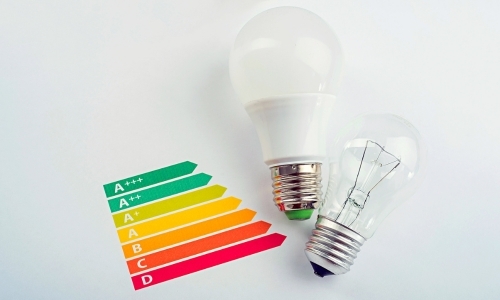
As we move toward 2025, energy efficiency in rental properties is becoming a critical focus for landlords and tenants alike. With growing pressure for sustainability, rental properties are being scrutinized for energy use and environmental impact. Here’s an overview of the upcoming changes in energy efficiency standards, their impact on landlords, and the benefits for tenants.
What are Energy Efficiency Standards?
Energy efficiency standards ensure homes use energy effectively, focusing on insulation, heating systems, appliances, and building materials. These standards aim to reduce consumption, lower carbon emissions, and improve comfort.
EPC Rating and Legal Requirements in 2025
Currently, rental properties in England and Wales must have a minimum EPC rating of E. Starting in 2025, new tenancies will need a minimum rating of C, with existing tenancies following by 2028. Landlords will need to invest in energy-saving improvements to meet these standards.
Key Energy Efficiency Improvements
- Insulation and Draught Proofing
- Energy-efficient Appliances
Benefits for Landlords
Investing in energy-efficient upgrades offers advantages like attracting high-quality tenants, higher rent potential, reduced maintenance costs, and enhanced property value. The government also offers grants and loans to support these improvements.
Impact on Tenants
Tenants benefit from lower energy bills, improved comfort, and a more sustainable living environment.
Conclusion
With tightening energy efficiency standards by 2025, landlords must act now to stay compliant. These improvements benefit both landlords and tenants, offering long-term savings and enhanced comfort.
Contact us for expert advice and solutions to ensure your property meets the new standards!